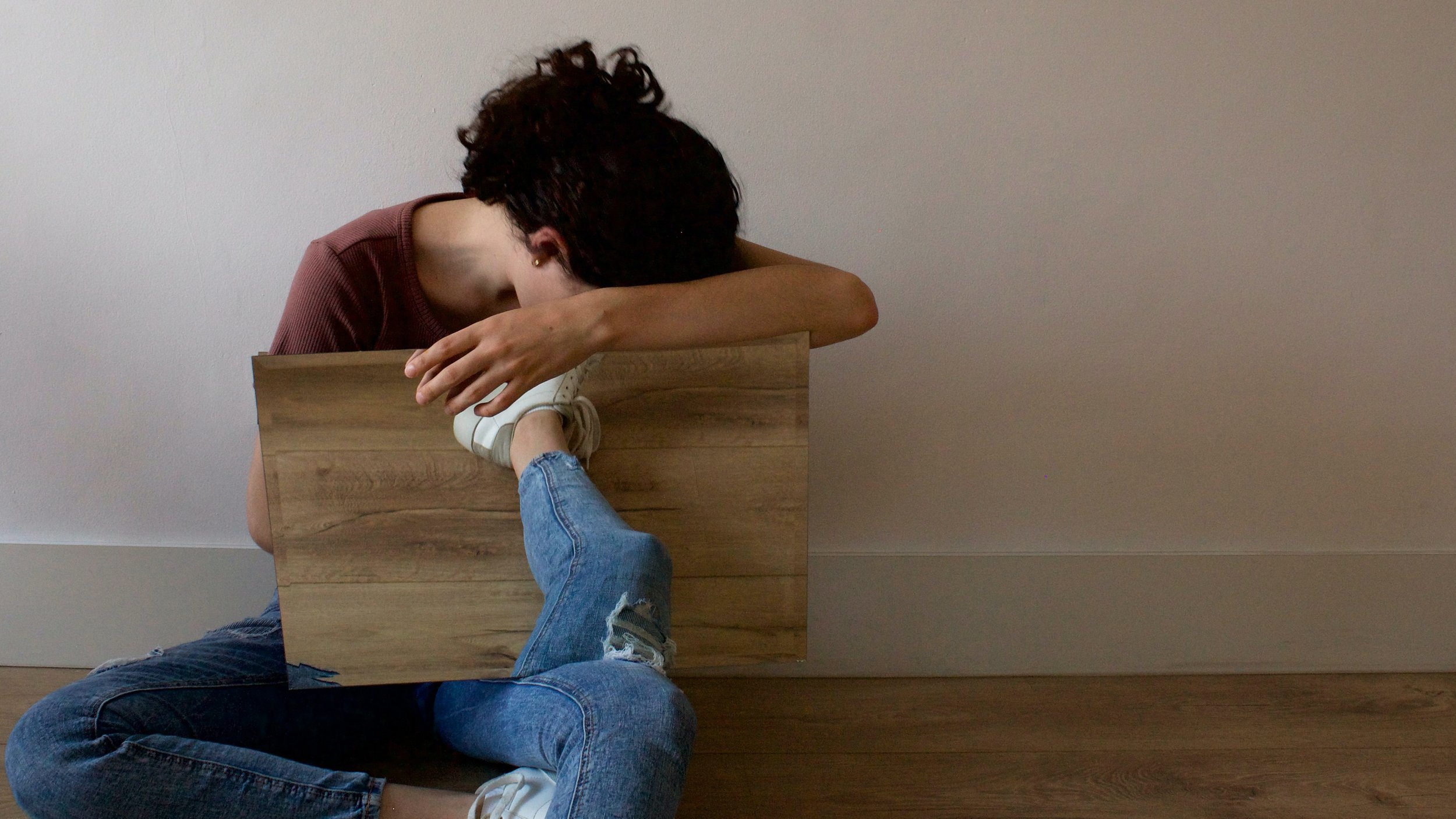Am I developing an eating disorder?
AND HOW YOU CAN SUPPORT SOMEONE STRUGGLING WITH AN EATING DISORDER
Estimated read time: 3 minutes
By Jackie Menjivar
(Lucia Macedo / Unsplash)
A version of this article was originally published by Mental Health America.
Since 2020, the number of teens seeking help for eating disorders has skyrocketed. A lot of people have turned to unhealthy eating habits to cope with pandemic anxiety, and the rise in social media content about disordered eating definitely hasn’t helped.
Eating disorders have the highest mortality rate of any mental illness, and the longer they go undiagnosed, the more difficult they are to treat. Early intervention offers the best hope for recovery. That’s why it’s so important to recognize the early signs of disordered eating.
Here’s what you need to know about the warning signs, physical symptoms, and risk factors for eating disorders — plus, how you can support yourself or other people who are struggling.
What are early signs of an eating disorder?
In general, if you find yourself focusing a lot on weight loss, dieting, and controlling food, you may be developing an eating disorder. That can come across in your thoughts, behaviors, and attitudes.
WARNING BEHAVIORS
Dramatic weight loss
Dressing in layers to stay warm
Refusing to eat certain foods
Denying feeling hungry
Being uncomfortable eating in front of other people
Exercising excessively
Disappearing after eating
Drinking excessive amounts of water
Changing the way you dress (wearing baggier clothes)
Being secretive about food (hiding food, lying about how much you’ve eaten)
Dieting behaviors (counting calories, avoiding certain kinds of foods)
Feeling anxious around mealtimes
PHYSICAL SYMPTOMS
Noticeable change in weight
Trouble concentrating
Dizziness or fainting
Bruising easily
Feeling tired or low-energy
Dental problems
Thinning hair
Weak immune system
What puts you at risk of developing an eating disorder?
Even if you aren’t showing obvious signs of an eating disorder, you might still be at risk of developing one. There are biological, psychological, and sociocultural factors that put you at risk. These include:
Having a close relative with an eating disorder
Having a history of dieting
Being female
Being diagnosed with type 1 diabetes
Having an anxiety disorder
Being a perfectionist
How can you support yourself or someone else living with an eating disorder?
Start by learning and recognizing the general signs of an eating disorder. Once you can identify those, take these steps to support yourself or other people who may be struggling.
Know your community resources. That includes treatment centers, self-help groups, etc. You can also contact the National Eating Disorder Association (NEDA) Helpline for support, resources, and treatment options for yourself or a loved one by calling (800) 931-2237.
Avoid talking about people’s bodies. Never emphasize body size or shape as part of a person’s worth or identity (including your own!). Value the person on the inside instead of complimenting or commenting on physical traits.
Call out problematic comments about size, weight, and food. If you don’t want to be confrontational, just redirect the conversation in a more positive direction. This also means calling yourself out when you aren’t showing your body the respect it deserves – start with these tips for improving your body image.
Understand the feelings behind the behavior. Some people may restrict because they want to feel more in control of their lives. Other people may overeat to cope with sadness or anxiety. Address the feelings at the root of your disordered eating.
Recognize the things that trigger disordered eating. And then do something about them! Unfollow the Instagram models; shower with the lights off; put stickers over the calorie labels on your food. Just do what you have to do to keep your mind in the right place.
Don’t shame and blame. If you’re worried about a loved one, show them your concern without judging them. If you’re the one struggling, avoid blaming yourself. Eating disorders often come from being overly self-critical, so there’s no need to perpetuate it.
—
If you think that you or a loved one could be developing an eating disorder, you can also take and share a confidential online eating disorders screening. It can help you get connected to information and resources for recovery.

